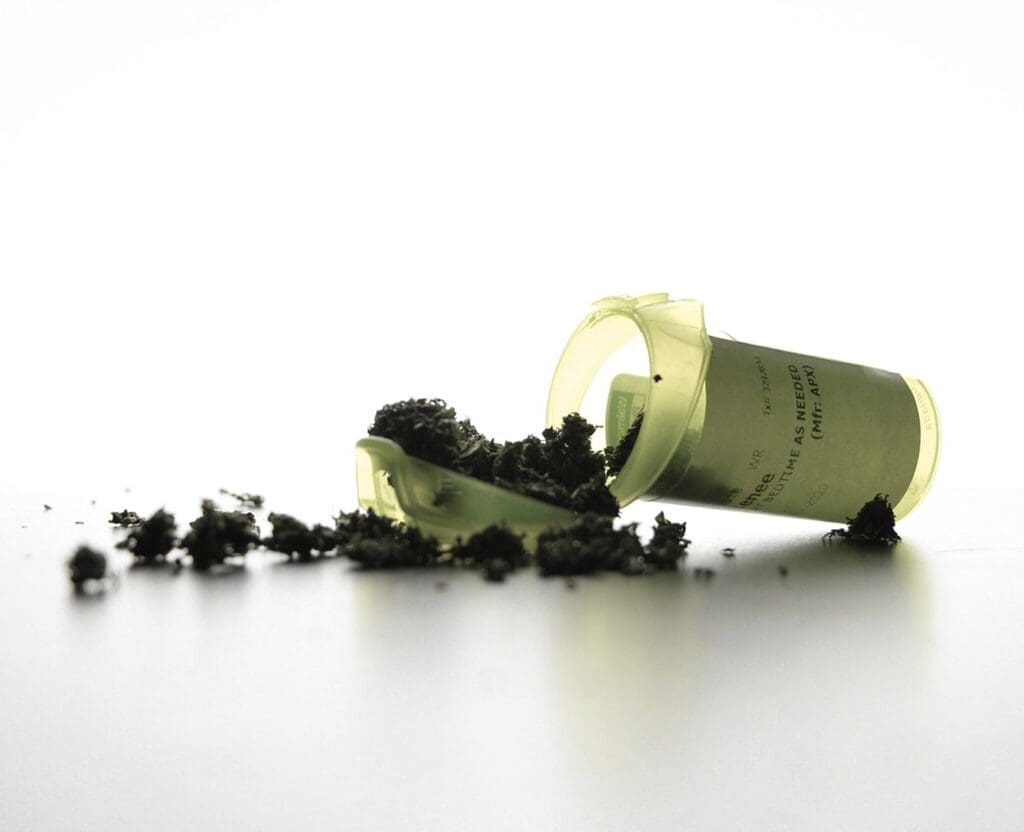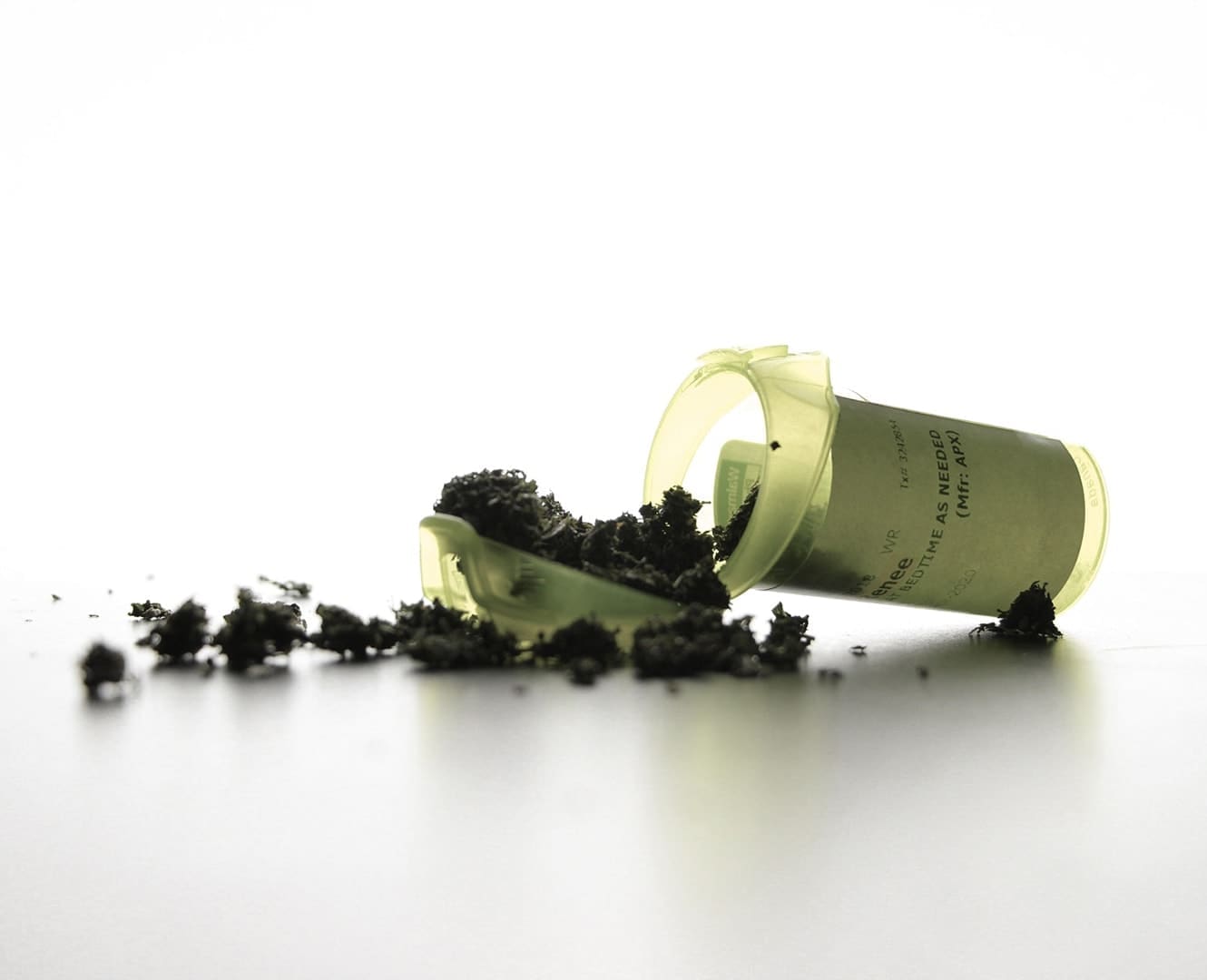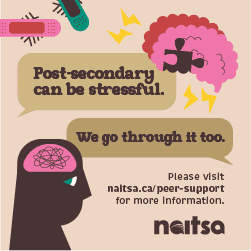By Orrin Farries

Photo by Noah Ference
Student-athletes, like non-athletic regular people, have lives outside of their sport that involve many of the trivialities of life. Laundry, car maintenance and bills, among other things, can build up stress that needs to be let off.
However, unlike regular students, student-athletes have to be mindful of how they let loose because the Alberta Colleges Athletic Conference (ACAC) that governs collegiate sport in Alberta is firm on their rules regarding recreational cannabis.
Tetrahydrocannabinol (THC), the psychoactive compound found in certain strains of cannabis that is capable of locking one to their couch, has been legal since October 2018.
In the ACAC however, in-season athletes cannot use the substance. The Canadian Centre for Ethics in sport and the Canadian Collegiate Athletic Association (CCAA), due to the THC’s place on the World Anti-doping Agency (WADA) prohibited list, are holding fast to the international standards. This does not, however, apply to Cannabidiol (CBD), a non-psychoactive cannabinoid compound that has been found to have many benefits as it pertains to reducing pain and swelling, something that could be useful for an athlete.
It’s an ethical issue that is rooted in the duality in how alcohol and marijuana are viewed as recreational substances. Admittedly, it stands to reason for a collegiate athletic conference to lean on the side of strong ethics and high standards.
“Canada’s got to be the cleanest country in the world,” said Mark Kosak, CEO of the ACAC.
Student-athletes from across the CCAA have to take a drug education online course at the beginning of every season of collegiate sport and are subject to testing, which can be random or targeted. WADA only considers alcohol ‘prohibited in competition’ for archery, automobile, billiards, darts, golf, shooting sports, skiing and underwater sports.
A 2018 article by researchers at McGill University in the Clinical Journal of Sport Medicine reads, “There is no evidence for cannabis use as a performance-enhancing drug.”
Regardless, THC still remains a banned substance and student-athletes in the ACAC need to steer clear of the dispensaries and manage the urge to smoke in their spare time or when they’re out at parties.






